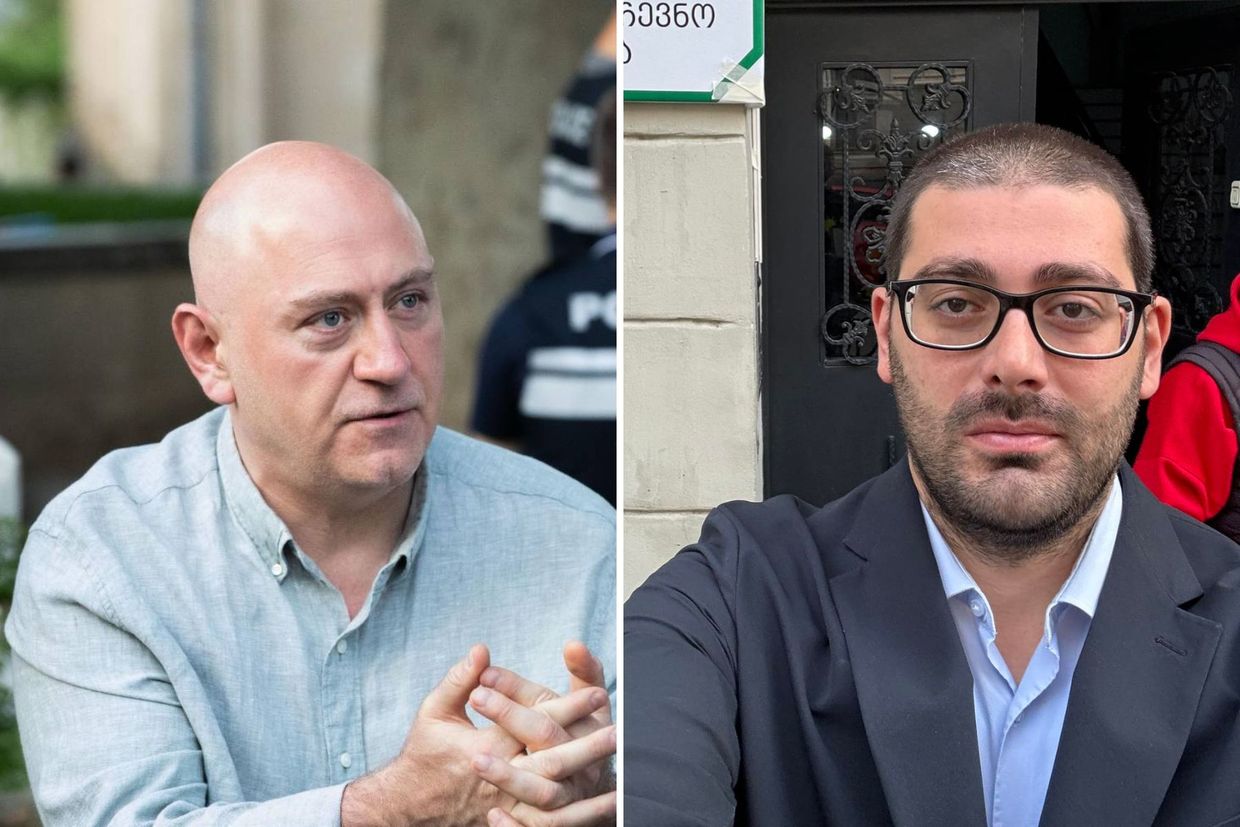A partial boycott
In 2024, many Georgians were anxiously awaiting the outcome of the 26 October parliamentary elections and the prospect of a change in power. Today, little remains of that anticipation.
Two of the largest opposition groups — the Coalition for Change and the United National Movement (Unity) — along with several smaller parties, have boycotted this year’s vote, citing the disputed 2024 results and their refusal to recognise Georgian Dream’s victory. They argue participation would only legitimise the ruling party.
In contrast, Strong Georgia and For Georgia, which placed third and fourth in the last elections, are taking part with joint candidates, saying the government must be challenged at every level, including local councils.
These divergent strategies have further divided Georgia’s already fragmented opposition, fueling bitter exchanges and weakening prospects for any future unity.
They also cast doubt on the likelihood of significant mobilisation of opposition voters at the ballot box.





